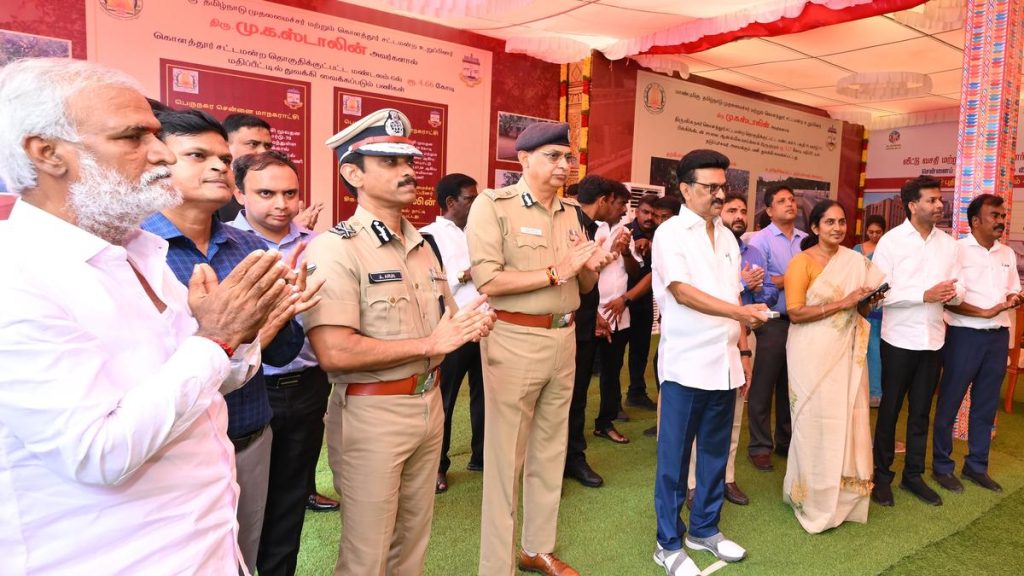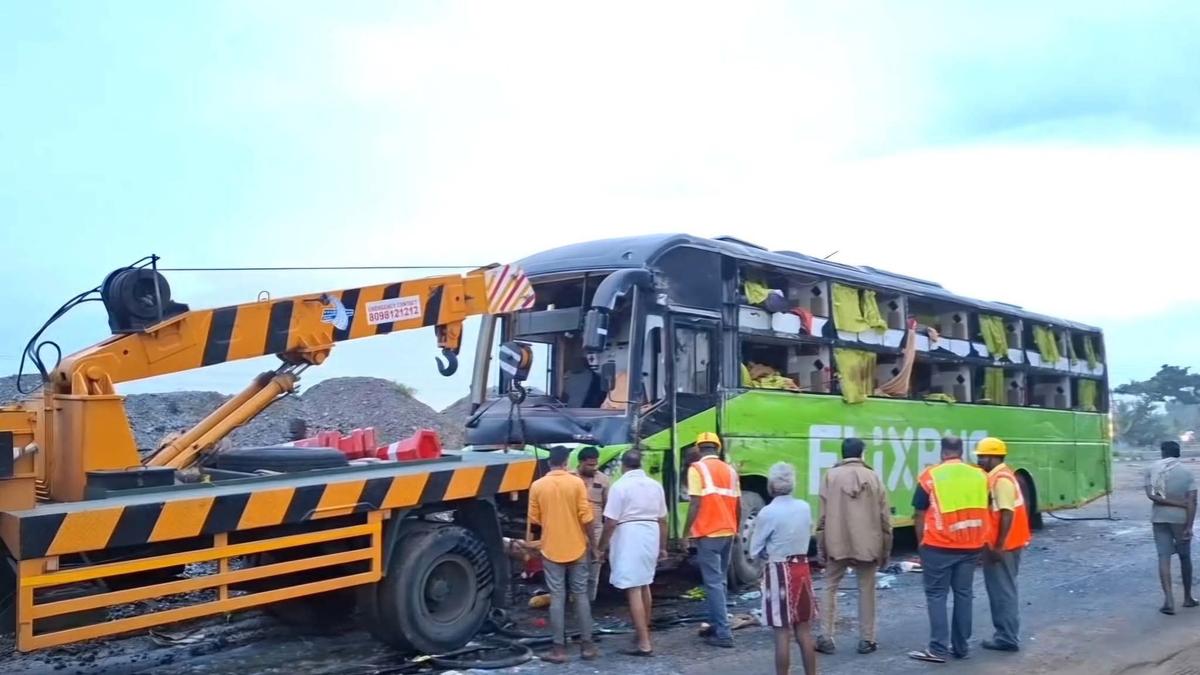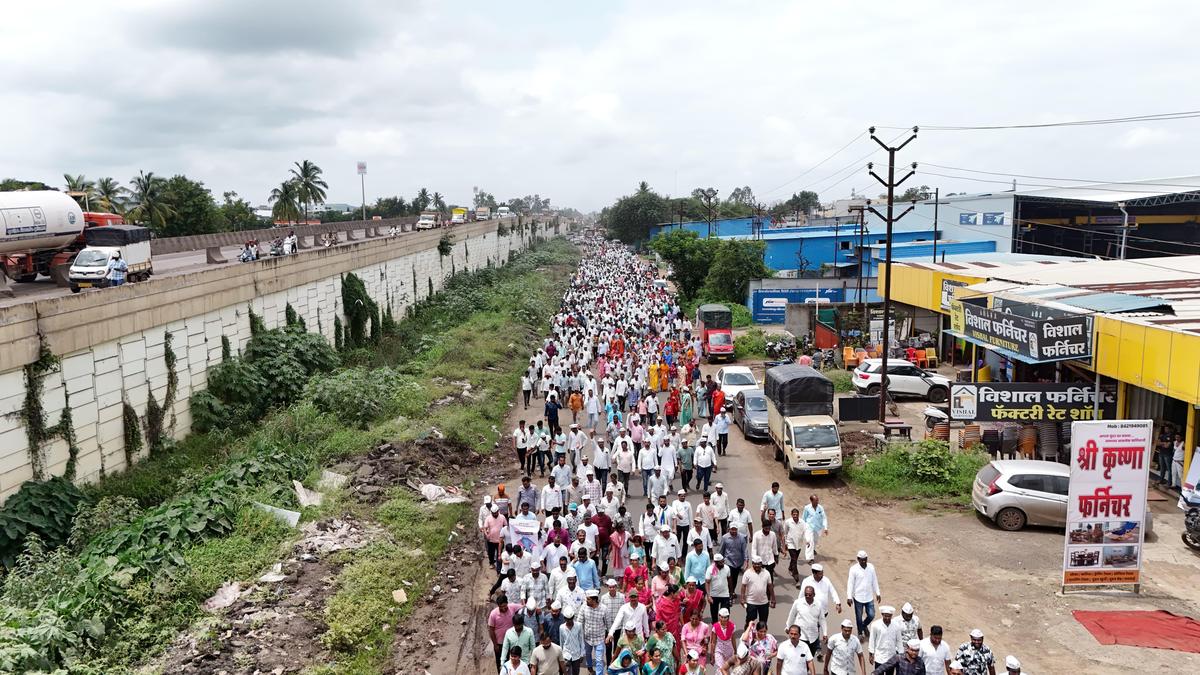Now Reading: PMK Leaders Assert Party Leadership Lies in Voters’ Hands, Not Office-Bearers
-
01
PMK Leaders Assert Party Leadership Lies in Voters’ Hands, Not Office-Bearers
PMK Leaders Assert Party Leadership Lies in Voters’ Hands, Not Office-Bearers
Quick Summary
- A feud between PMK founder S. Ramadoss and his son Anbumani Ramadoss continues ahead of the Assembly election, with two competing general body meetings scheduled – August 9 (Anbumani) and August 17 (Ramadoss).
- the leadership tussle is unlikely to be resolved by the PMK office-bearers or the Election commission, but senior leaders believe voters hold the decisive role in this matter.
- Both factions are engaging with other political parties to strengthen their positions; Anbumani advocates his leadership via a padayatra, while Ramadoss leads initiatives like a women’s conference at Poompuhar.
- Salem West MLA R. Arul stated that office-bearers largely sided with Anbumani, while Ramadoss retains strong voter support as an icon of the Vanniyar community.
- Concerns remain over how this internal split might impact key constituencies where PMK plays a significant role; roughly 90 such seats are mentioned as decisive territories influenced by the party’s sway among voters.
- AIADMK General secretary Edappadi K. Palaniswami has reportedly urged both leaders to reconcile before forming alliances for elections.
Indian Opinion Analysis
The ongoing leadership dispute within PMK signals deeper issues about generational transition in Indian regional politics, compounded by its reliance on community-based support systems like those represented by the Vanniyar community’s backing of S. Ramadoss as an established leader. Both factions appear committed to using parallel strategies-padayatras and conferences-to reaffirm loyalties ahead of critical elections.This rivalry could affect PMK’s leverage in alliance talks with larger parties like AIADMK during Tamil Nadu’s assembly polls,notably within constituencies where its influence has historically been pivotal (90 seats were cited). However,institutional mechanisms such as party bylaws or Election Commission procedures may provide clarity on official party leadership if an impasse continues.
Ultimately, success will seemingly depend on whether reconciliation is absolutely possible without alienating factions or disrupting voter trust-a challenge that echoes broader themes about balancing tradition and progress in India’s political landscape.
Read more at The Hindu
























